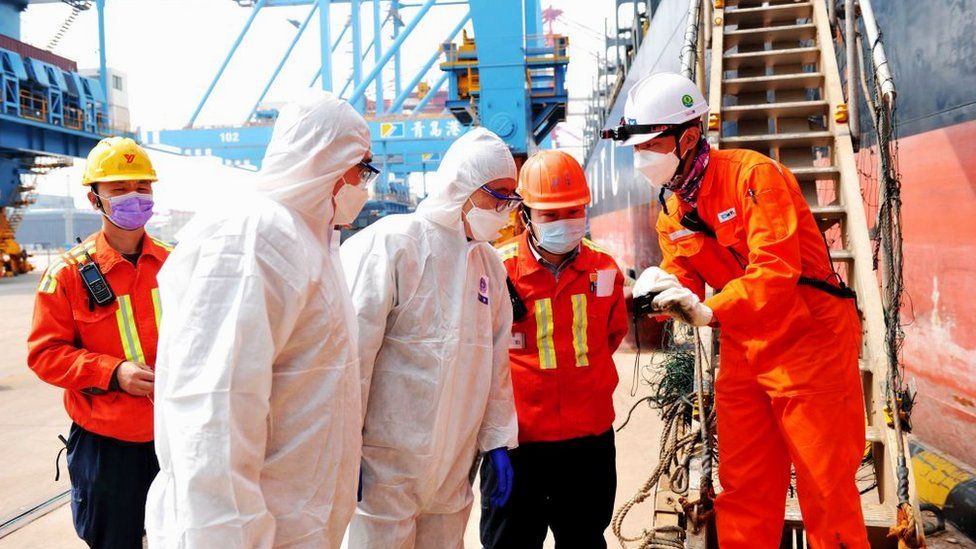In today’s interconnected world, the logistics business plays a critical role in navigating the complex global supply chain. With the increasing demand for efficient and streamlined movement of goods (Area daftar Lalamove untuk driver truk), logistics companies have become vital partners for businesses operating on a global scale. This article explores the importance of the logistics business in managing the global supply chain and highlights the challenges and strategies involved in this dynamic industry.
The global supply chain encompasses the entire journey of a product, from raw materials sourcing to manufacturing, distribution, and delivery to the end consumer. Logistics businesses are responsible for coordinating and optimizing this flow of goods, ensuring that products reach their destinations in a timely and cost-effective manner. They manage key activities such as transportation, warehousing, inventory management, customs clearance, and last-mile delivery.

One of the primary challenges in the logistics business is ensuring seamless coordination across multiple stakeholders, including suppliers, manufacturers, distributors, and retailers. Effective communication, collaboration, and information sharing are crucial for maintaining the flow of goods throughout the supply chain. Logistics companies employ advanced technologies and software systems to track shipments, manage inventory, and optimize routes, enabling real-time visibility and efficient decision-making.
Another significant challenge in the logistics business is the complexity of international trade regulations and customs procedures. Logistics companies must navigate a myriad of documentation requirements, compliance standards, and trade restrictions imposed by different countries. They work closely with customs authorities and employ experts in customs brokerage to ensure smooth customs clearance, avoiding delays and minimizing costs.

